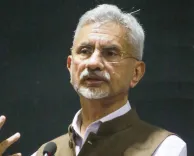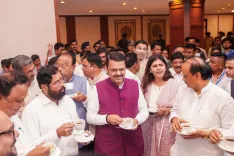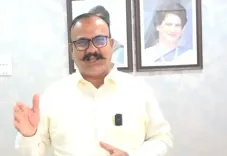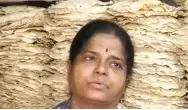Why is BJP Criticizing AAP for Gopal Rai's Ultimatum?
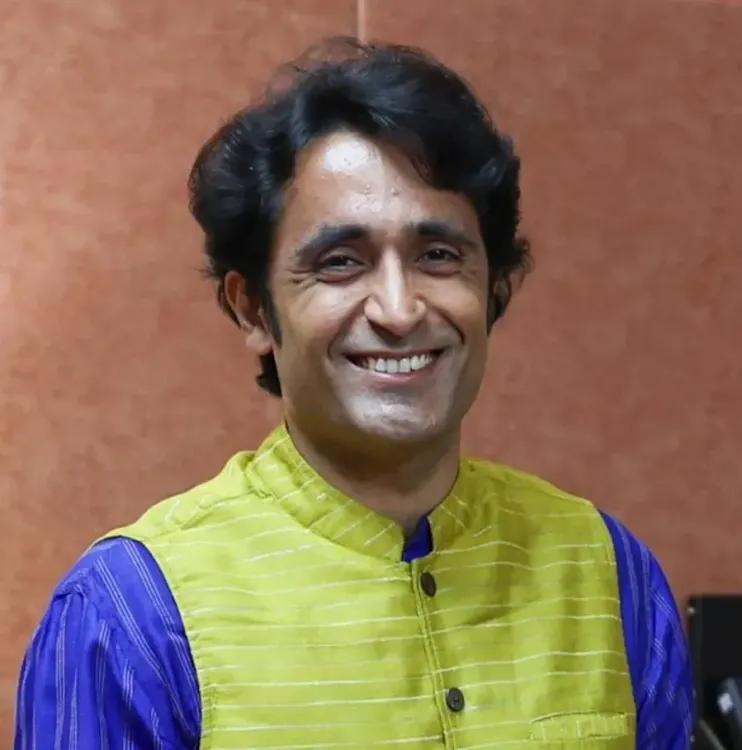
Synopsis
Key Takeaways
- AAP's protest highlights ongoing housing issues in Delhi.
- BJP's response emphasizes their political strategy against AAP.
- Gopal Rai's ultimatum has intensified political tensions.
- The public sentiment may sway based on these developments.
- Future interactions between these parties will be crucial for governance.
New Delhi, June 29 (NationPress) The protest by the Aam Aadmi Party (AAP) at Jantar Mantar in New Delhi on Sunday, concerning the demolition of slum dwellings, has sparked intense political outrage. Senior leaders from the BJP have accused AAP of fostering ‘anarchist’ and ‘anti-national’ ideologies.
During the demonstration, Delhi Minister Gopal Rai delivered a provocative ultimatum to the Centre, asserting, “If you demolish homes without proper rehabilitation and utilize all your police and political influence, we’ll storm the PM’s residence and take command!”
This declaration has attracted harsh rebuke from the BJP, which has labeled it as a testament to AAP’s “true mindset.”
BJP national spokesperson Pradeep Bhandari conveyed to IANS that such statements expose the “anti-national mindset” prevalent among AAP’s leadership.
“The everyday citizens of Delhi stand resolutely with Prime Minister Narendra Modi and the BJP’s Rekha Gupta. However, Gopal Rai’s comments regarding taking over the PM’s house clearly illustrate the anarchist mentality of Arvind Kejriwal and AAP,” he remarked.
Additionally, another BJP spokesperson, Nalin Kohli, launched a fierce critique of AAP, referencing Kejriwal's past protests at Rajpath.
“Kejriwal himself once declared, 'I am an anarchist.' Today, Gopal Rai is merely repeating that same anarchist sentiment,” Kohli observed. He remarked that AAP’s persistent claims of supporting the underprivileged are merely a front, while their actual character promotes lawlessness.
Previously, Delhi BJP President Virendra Sachdeva also criticized former Chief Minister Kejriwal, labeling the protest at Jantar Mantar a “total flop.”
Sachdeva highlighted that about five months prior, following their electoral loss, AAP leaders, including Kejriwal and Gopal Rai, incited their supporters to invade the Prime Minister’s residence under the guise of representing slum residents.
At that time, ordinary slum dwellers in Delhi questioned Kejriwal: “You’ve constructed a ‘Sheeshmahal’ for yourself in a decade—why haven’t you provided housing for the poor in areas like Narela or Bawana?”

